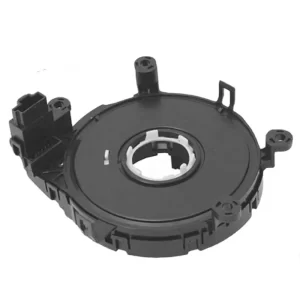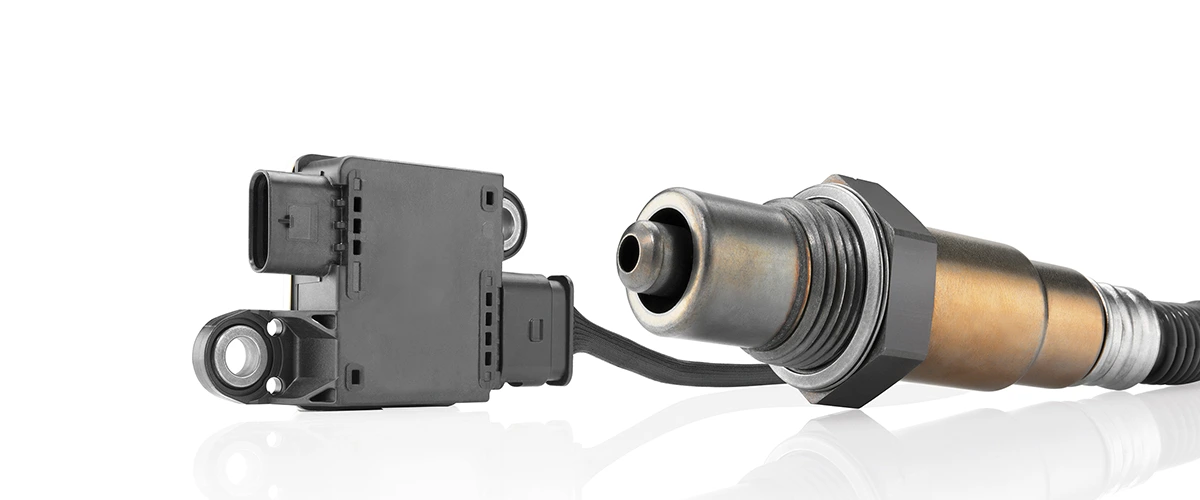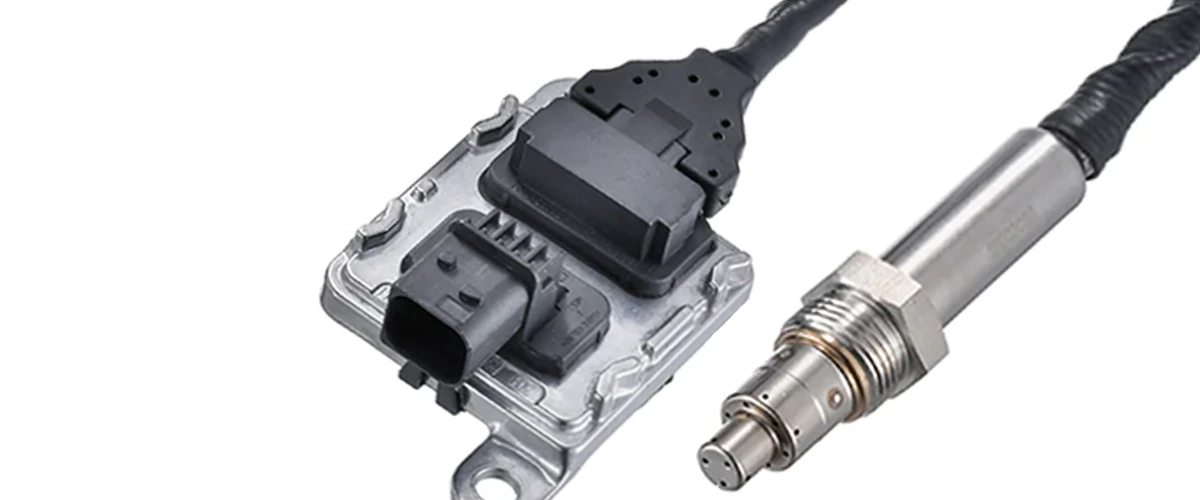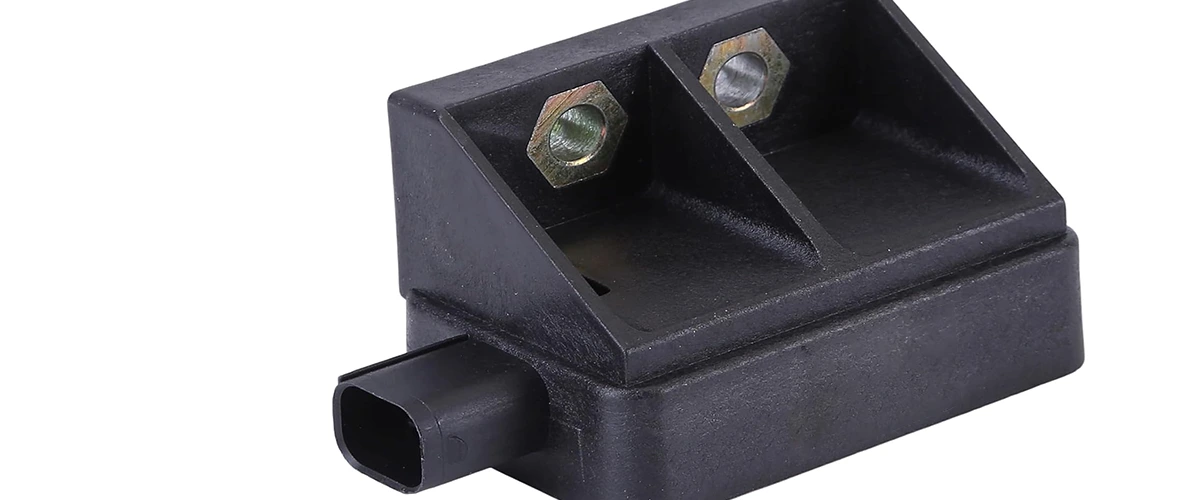It’s no secret that cars can overheat in hot weather or even when they’ve been driven for long distances. The good news is that this can be avoided by continuously cooling the engine. Fortunately, this is where our engine oil cooler steps in. It is responsible for regulating the temperature of your car and helps maintain your car’s peak performance.
In short, the engine cooler is part of your car’s radiator system. Using a labyrinth of tubes, it circulates around the engine to provide a cooling effect. It can reduce the temperature by about 30 degrees, thus preventing our cars from overheating! Not only that, the engine oil cooler helps maintain the proper viscosity level. When the car overheats, the viscosity is lower, which means that it is difficult for the oil to stick to the components.
How engine oil cooler works
We all know that engine oil is one of the most important fluids found in our cars. Oil provides the necessary lubrication to ensure wear of parts. All engines need a heat exchanger because it releases the energy used by the engine. If your vehicle has a water cooling system, it depends on the radiator.
The car oil cooler is a component that helps maintain the optimal temperature range of the engine and its various parts. It can be placed in different places on the engine to make it work more efficiently.
The oil enters the oil guide while the temperature is still high. Inside the cooler, the oil moves around tubes equipped with fins that release heat. Once the oil has been treated, it leaves the cooler at an already colder temperature. This cycle continues repeatedly.
Why engine oil cooler failed
An engine oil cooler should last for years with minimal problems. Some of the most common problems are cracks and leaks in the cooler. Rust often causes leaks, but road vibrations can also contribute to this problem, especially if you drive off-road. Generally, this problem is more likely to occur in an older vehicle.
Common oil cooler error codes
- P0195: Engine Oil Temperature Sensor
- P0196: Engine Oil Temperature Sensor Range / Performance
- P0197: Engine Oil Temperature Sensor Low
- P0198: Engine Oil Temperature Sensor High
- P0199: Engine Oil Temperature Sensor Intermittent
Symptoms of oil cooler fault
Like all mechanical equipment, your car’s oil cooler is bound to fail at some point. The timing of failure depends on many factors, but will fail over time. In some cases, these are signs of other problems with your car, but in general, when you experience these symptoms, there is always something wrong with the oil cooler. Here are some symptoms of a damaged oil cooler.
- Coolant Leakage
- Diminished Engine Performance
- Black Smoke
- Vibrations
- Swollen Radiator
- Coolant Mixed With Oil
Holen Sie sich umfassenden Support
MOOCAR – als führender Exporteur entwickeln wir kontinuierlich bahnbrechende Sensor- und Aktuatorlösungen zur Optimierung von Emissionskontrolle, Kraftstoffverbrauch und Fahrverhalten. Zusätzlich bieten wir umfassende Daten- und Marktinformationen.








